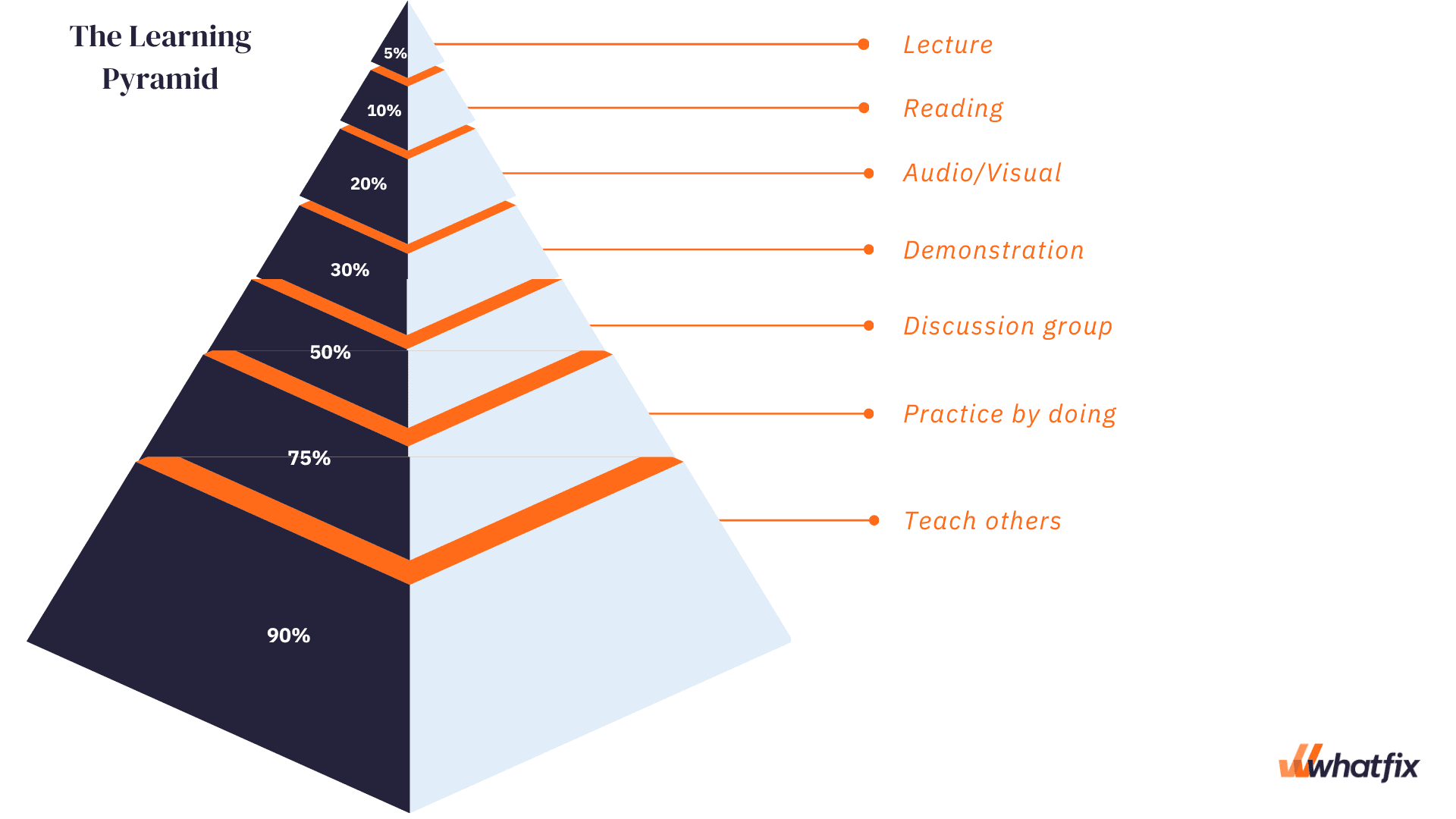
Source:10 Ways to Increase Student Engagement and Motivation – alisonyang.com
Gamification, the integration of game elements and mechanics into educational settings, has gained significant attention in recent years. By leveraging the inherent motivation and engagement found in games, educators have discovered the potential of gamification to transform learning experiences. In this blog post, we will explore the benefits of gamification in education and how it can enhance student’s motivation, foster skill development and promote meaningful learning.
Increased Motivation and Engagement
Gamification taps into students’ intrinsic motivation and natural inclination for challenge and achievement. By incorporating elements such as points, badges, levels and leaderboards, gamified learning environments create a sense of accomplishment and competition. This increased motivation and engagement result in students actively participating in their learning journey and investing more effort to achieve their goals.

Source:11 Strategies for Improving Learning Retention (2023) | Whatfix
Enhanced Learning Retention
Games provide an immersive and interactive experience that aids in information retention. Through gamification, complex concepts can be presented in a visually appealing and interactive manner, making them more memorable. By incorporating storytelling, problem-solving and decision-making within game-based activities, students actively engage with the content, leading to deeper understanding and long-term retention.
Personalised and Adaptive Learning
Gamified platforms often adapt to students’ individual needs and learning styles. Through data tracking and analytics, educators can gather insights into students’ progress, strengths and areas for improvement. This information allows for personalised feedback, adaptive challenges and tailored learning experiences. Gamification provides opportunities for differentiated instruction, enabling each student to learn at their own pace and focus on areas that require additional attention.
Development of Critical Skills
Games inherently require the application of critical thinking, problem-solving and decision-making skills. By integrating these elements into educational games, students have the opportunity to develop and enhance these essential skills. Gamified learning environments often present students with challenges that require strategic thinking, creativity and collaboration, fostering the development of skills that are applicable beyond the game itself.
Source:Peer learning: 10 benefits to collaboration in the workplace | Together Mentoring Software
Collaborative Learning and Peer Interaction
Many gamified educational platforms incorporate collaborative features, allowing students to interact and learn from their peers. Multiplayer games or team-based activities promote communication, cooperation and shared problem-solving. Through collaboration, students develop social skills, learn from different perspectives and experience the benefits of teamwork.












